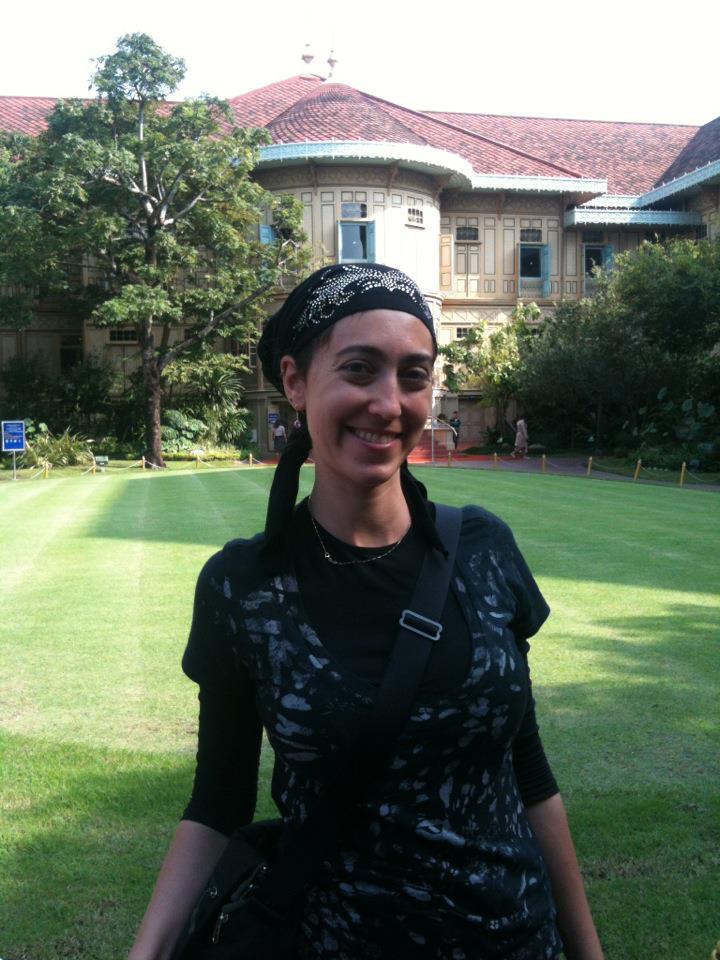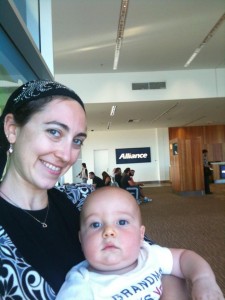Parshas Va’era: Actions Speak Louder than Words
I don’t speak Thai.
Usually when I travel to a place, I try really hard to learn at least a few basic words in the local language, but here in Asia I feel a bit out of my depth. These are tonal languages and I just can’t seem to get it right. I always feel like I’m talking through my nose and I’m pretty sure that instead of saying what I mean, I’m really using completely different terminology. Instead of saying, “This is my baby” I’m probably saying something ridiculous like, “I enjoy eating pillowcases.”
So I find it better (and far less embarrassing) if I just don’t speak Thai.
Sometimes this makes it a bit hard to communicate, especially when I am trying to do something like politely decline an offer of a lunch of boiled balls of reconstituted pork, which the Thai people seem to love. But the truth is that, for the most part, I really don’t need language. I wanted to know where to buy some clothes for Akiva. I could ask by looking confused, tugging on my own clothes, and rocking my arms as if rocking a baby (and pointing at Akiva helps). The answer I received was an indication of the direction I should go – outside the building. I found the clothing stalls!
Sure, it is always easier if you speak the local language. You can communicate much more effectively, especially abstract thoughts. But it’s not necessary. After all, actions speak louder than words.
We see the truth of this come through in this week’s parsha (and next week’s as well). Pharaoh is warned repeatedly by Moshe (Moses) and Aharon (Aaron) of the danger of keeping the Jewish people in slavery. When he refuses to release them, he is struck with plague after plague. Even when his own magicians and sorcerers come to him after the third plague (lice) and warn him, “This is the finger of G-d!” Pharaoh still will not relent. It is only the repeated actions of G-d that persuade.
It’s interesting because although G-d speaks to Moses, He uses action to communicate with Pharaoh. For the really big stuff, for the hard communication, G-d chooses to use action instead of words. Upon reflection, I guess we turn to action when we know that the person we’re communicating with simply will not understand our words… even if we do speak the same language. So when traveling, we can also use action in place of words.
Read more on Parshas Va’era: The Staff of Moses Proves the Butterfly Effect Exists in Judaism
Read More










